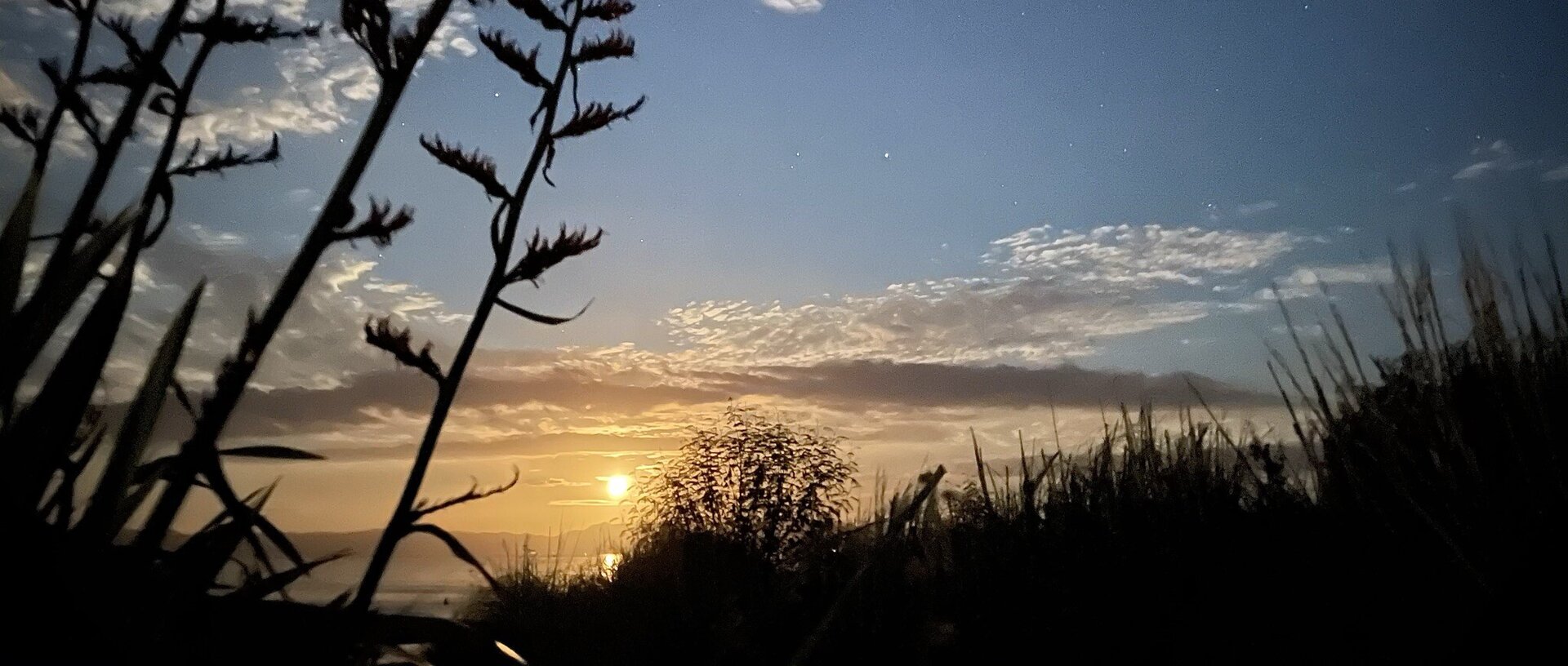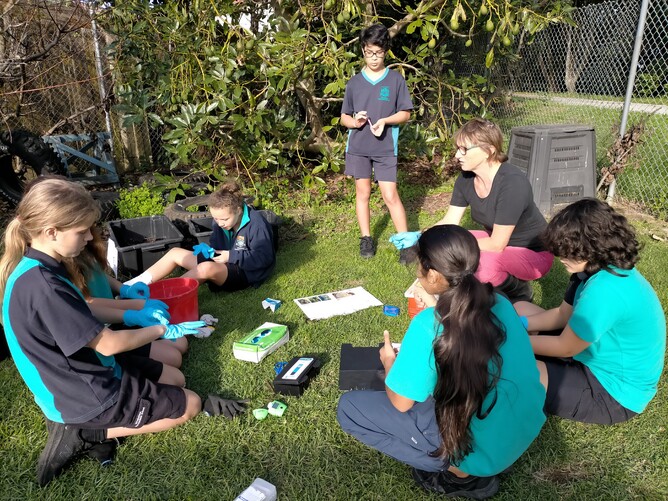EcoQuest awarded Building a Nation of Curious Minds funding (MBIE).
We are excited to have the opportunity to bring science alive through place-based learning with students/ākonga from the Te Kauwhata College in the Waikato, Whakatane Intermediate and Te Kura o Te Paroa in the Easter Bay of Plenty. The project is supported by Environmental Science and Research (ESR), the Waikato and Bay of Plenty Regional Councils, Ngā Muka Development Trust, Te Whare Wananga O Awanuiarangi, and independent consultants.
Excess nutrients and pathogens in our waterways change the natural state of the water body and not only stop people from swimming in these water bodies, but also negatively impact native invertebrates, fish, waterfowl and waders (the fauna), as well as plants (flora).
It is well documented that native plants alongside waterways can take up nitrogen and phosphorous. But what about pathogens? Research has shown that some bioactive (phytoremediation) species boost die-off of pathogens in the soil.
Our Curious Minds project explores whether we can use bioactive species to tackle pathogens in the water.
For this pilot, ākonga and teachers/kaiako will design, build and deploy floating wetlands, and stock them with native plants – including swamp mānuka (Leptospermum scoparium). Swamp mānuka (like several species in the myrtle family) has phytoremediation properties and has been found to remove or neutralise unwanted micro-organisms such as Coliforms, including Escherichia coli (E.coli).
In a tuākana/tēina relationship, the college students will be involved in teaching the younger students how to grow the plants (from seed, and seedlings from local sources), how to design and build the wetlands, and monitor and document plant health and water quality during the experiment.
Our Curious Minds project team from across the motu will support and guide the ākonga, so they can be confident in doing this mahi; to ensure scientific rigour when assessing water quality, growth rates, health and the impact of the wetland plants on water quality; to enable exploration of the developing ecology of the floating wetlands; and to help manage and analyse the data collected. By March 2023, ākonga will have been involved for four seasons in horticultural science (evaluating growing media, growth rates and health of various plant species), technology (designing the wetlands), engineering (building the wetlands), environmental science (water quality monitoring and ecological assessments), and mathematics (particularly statistics).

